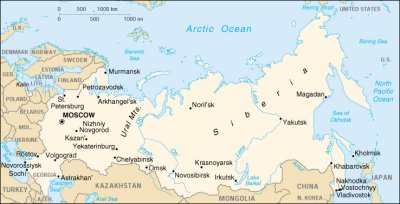
Russia
1992, 2003, 2007
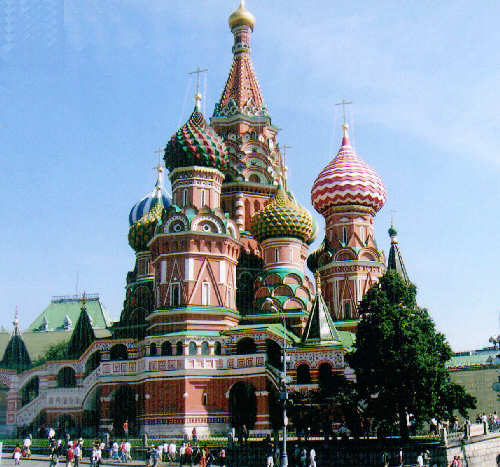
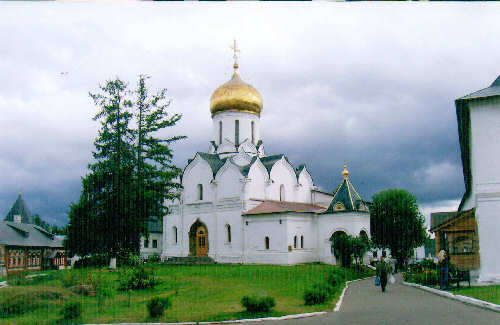
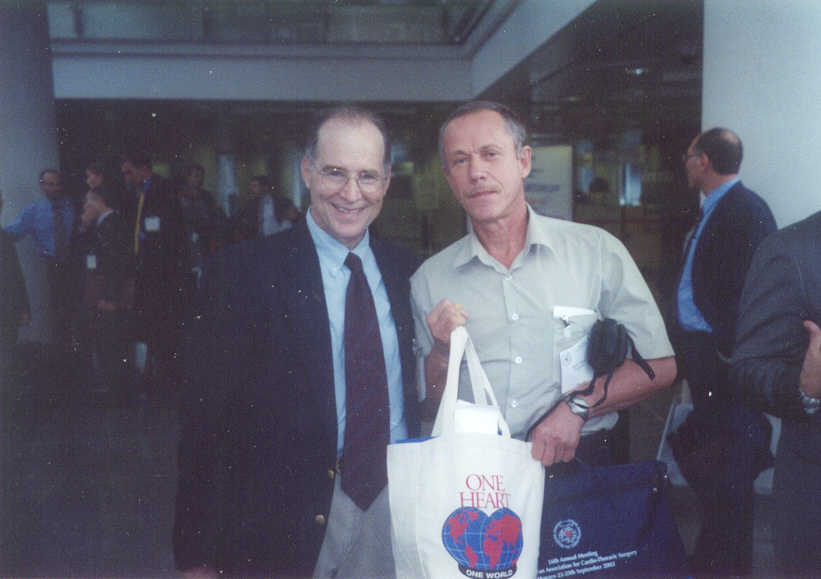
Professor Vladimir Shipulin, Tomsk, Siberia
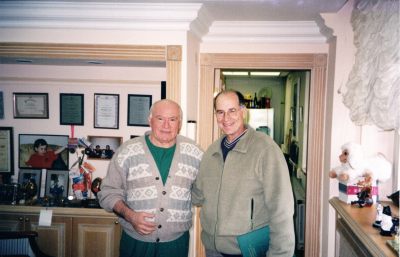
Professor Leo Bockeria, Chief of Cardiovascular Surgery, Bakoulev
Scientific Center for CV Surgery,
Moscow, Russia
| Location: | Northern Asia (that part
west of the Urals is sometimes included with Europe), bordering the
Arctic Ocean, between Europe and the North Pacific Ocean 60 00 N, 100 00 E |
| Population: | 145,470,197 (July 2001 est.) |
| Area: | total: 17,075,200
sq km land: 16,995,800 sq km water: 79,400 sq km slightly less than 1.8 times the size of the US |
| Climate: | ranges from steppes in the south through humid continental in much of European Russia; subarctic in Siberia to tundra climate in the polar north; winters vary from cool along Black Sea coast to frigid in Siberia; summers vary from warm in the steppes to cool along Arctic coast |
| Terrain: | broad plain with low hills west of Urals; vast coniferous forest and tundra in Siberia; uplands and mountains along southern border regions |
| Elevation: | lowest point:
Caspian Sea -28 m highest point: Gora El'brus 5,633 m |
| Natural resources: | wide natural resource base
including major deposits of oil, natural gas, coal, and many strategic
minerals, timber note: formidable obstacles of climate, terrain, and distance hinder exploitation of natural resources |